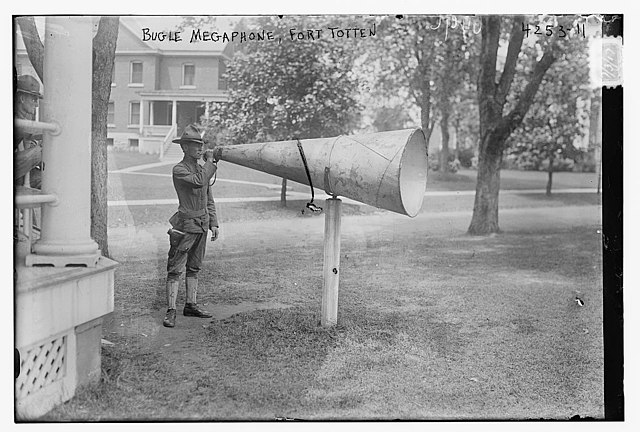
Please note: this is an anonymous response to an online survey; I do not have any way of contacting the respondent or verifying responses. Their answers may reflect good, bad, or middling hiring practices. I invite you to take what’s useful and leave the rest. If you are someone who hires Library, Archives or other LIS workers, please consider giving your own opinion by filling out the survey here.
This anonymous interview is with someone who hires for a:
√ Public Library
Title: Librarian Supervisor
Titles hired include: Librarian
Who makes hiring decisions at your organization:
√ The position’s supervisor
Which of the following does your organization regularly require of candidates?
√ Online application
√ Cover letter
√ Resume
√ Proof of degree
√ More than one round of interviews
Does your organization use automated application screening?
√ No
Briefly describe the hiring process at your organization and your role in it:
HR posts and distributes a job posting and shares all applications with the hiring committee, who chooses the candidates HR calls for an initial screening to confirm continued interest. Final interviews are held by a hiring committee that includes the position’s supervisor and the unit’s manager.
Think about the last candidate who really wowed you, on paper, in an interview, or otherwise. Why were they so impressive?
The candidate’s resume showed they had performed similar duties for a similar population and also showed they understood the nature of the role and made a persuasive argument for why they would be a good fit for the role.
Do you have any instant dealbreakers?
Lacking the legally required master’s degree in library science. Submitting resumes and cover letters that clearly are aimed at a different position (for instance, archivist or young adult specialist).
What do you wish you could know about candidates that isn’t generally revealed in the hiring process?
Their level of interest in the role — surprisingly, most candidates don’t express curiosity about the role, don’t ask questions, and don’t make a persuasive argument that the specifics of the role are appealing to them.
How many pages should each of these documents be?
Cover Letter: √ Only One!
Resume: √ As many as it takes, but keep it reasonable and relevant
CV: √ We don’t ask for this
What is the most common mistake that people make in an interview?
Failing to make a case for themselves, by articulating a persuasive argument that they are a good fit for the role. Failing to ask questions that demonstrate they have a genuine interest in the details of the role.
Do you conduct virtual interviews? What do job hunters need to know about shining in this setting?
No
How can candidates looking to transition from paraprofessional work, from non-library work, or between library types convince you that their experience is relevant? Or do you have other advice for folks in this kind of situation?
A candidate can persuade us by providing specific examples of instances where they have performed similar duties, for a similar audience, in a similar setting.
When does your organization *first* mention salary information?
√ It’s part of the job ad
What does your organization do to reduce bias in hiring? What are the contexts in which discrimination still exists in this process?
The hiring committee doesn’t see any demographic information about candidates.
What questions should candidates ask you? What is important for them to know about your organization and the position you are hiring for?
Candidates should be willing to ask for clarification about the role to demonstrate what they understand and don’t understand about it and to express curiosity about the role.
Additional Demographics
What part of the world are you in?
√ Northeastern US
What’s your region like?
√ Urban
Is your workplace remote/virtual?
√ Other: All librarian work is required to be performed on-site, even virtual programs.
How many staff members are at your organization?
√ 201+
Is there anything else you’d like to say, either to job hunters or to me, the survey author?
Candidates should tailor their materials to the specifics of the role, to show they are a good match.
Hey, thanks for reading! If you like reading, why not try commenting or sharing?










